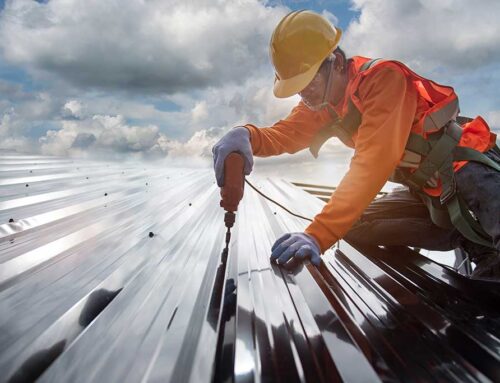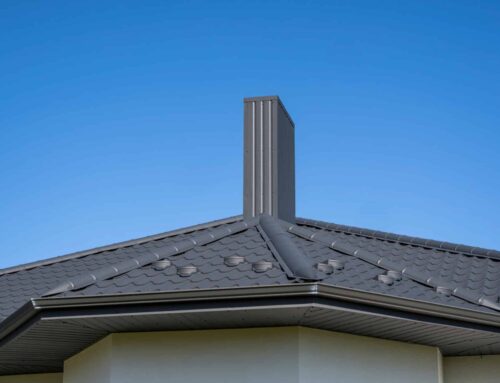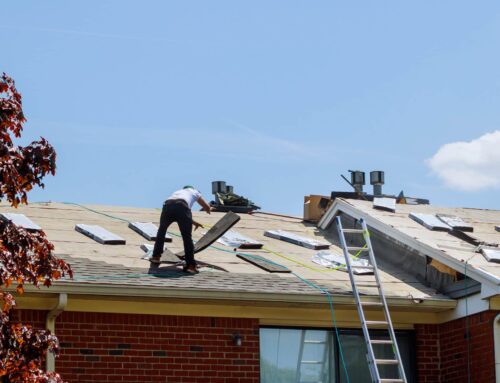PVC and TPO are two popular materials used in commercial roofing systems. Both materials offer unique benefits, but they also have some differences that you should be aware of before making a decision on which material to use for your roof. In this article, we will discuss the differences between PVC roofing and TPO roofing.
PVC Roofing
PVC, or polyvinyl chloride, roofing is a thermoplastic membrane that is welded together at the seams. PVC roofing is known for its durability, as it can withstand high winds, hail, and other extreme weather conditions. PVC roofing also has excellent chemical resistance, making it ideal for roofs that may be exposed to chemicals or other harsh substances.
PVC roofing is also known for its energy efficiency, as it has a highly reflective surface that can help reduce cooling costs in the summer. PVC roofing is also available in a variety of colors and designs, making it a popular choice for commercial buildings that want a unique look.
TPO Roofing
TPO, or thermoplastic olefin, roofing is also a thermoplastic membrane that is welded together at the seams. TPO roofing is known for its high flexibility and resistance to tears and punctures. TPO roofing is also highly resistant to UV rays, making it ideal for roofs that may be exposed to direct sunlight.
Like PVC roofing, TPO roofing is also energy efficient, as it has a highly reflective surface that can help reduce cooling costs in the summer. TPO roofing is also available in a variety of colors, although not as many as PVC roofing.
Differences Between PVC and TPO Roofing
The main differences between PVC and TPO roofing are their chemical composition and manufacturing process. PVC roofing is made from polyvinyl chloride, while TPO roofing is made from a blend of rubber, polypropylene, and ethylene-propylene. PVC roofing is typically more expensive than TPO roofing, but it also has a longer lifespan and better chemical resistance.
Another difference between PVC and TPO roofing is their installation process. PVC roofing is typically installed using a hot-air welding technique, while TPO roofing is typically installed using a glue-down or heat-welding technique.
Conclusion
In conclusion, PVC and TPO roofing are both excellent choices for commercial roofing systems. Both materials offer unique benefits, so the choice between the two will ultimately depend on your specific needs and budget. Whether you choose PVC roofing or TPO roofing, be sure to work with a professional roofing contractor to ensure that the installation is done correctly and safely.




